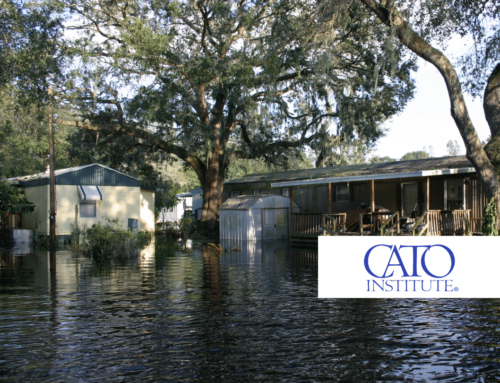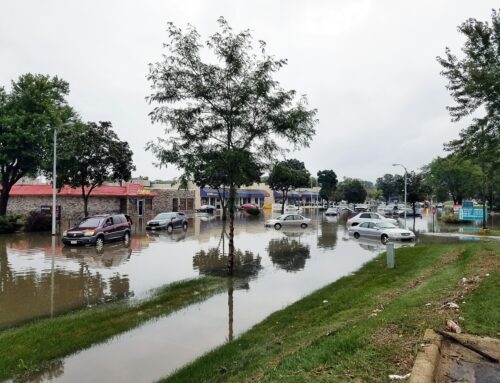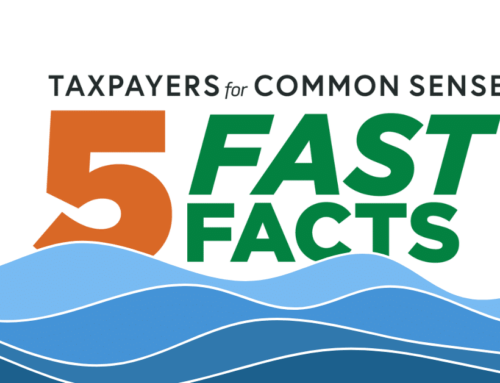There's a new California Gold Rush, but instead of panning river beds for gold, it's water itself that is being hauled out by the bucketful. A handful of big farms in California are chugging subsidized water at taxpayer expense from the largest federal water project in the nation.
The Central Valley Project (CVP), a federal water system in California originally intended to help destitute farmers recover from the Great Depression, is now funneling close to $416 million worth of subsidized water to corporate fat cats at the expense of the rest of us. According to the Environmental Working Group, a research organization, the top ten percent of all farms are getting 67 percent of the water. The average subsidy is worth $350,000, and 27 farms in the state receive a subsidy of $1 million or more a year.
Fixing the problem is more critical now than ever. The Bureau of Reclamation is in the process of going through contract negotiations that could lock in bargain basement water prices for rich corporate agriculture interests.
Water is a finite resource but for decades we have managed it as though we have an unlimited supply. Current federal policies increase misuse of water by undervaluing it as a resource. We must act now to bring water use into balance with water supply. By implementing common sense reforms, the administration can begin making irrigators and other agricultural interests pay closer to fair market value for water.
At the inception of the Central Valley Project, the Bureau of Reclamation signed long-term contracts with California farmers locking in rates as low as $3.50 per acre foot for the following 40 years. Several attempts at price reforms were made from the 1960's through the 1980's, but while these reforms were successful at changing the costs on renegotiated contracts, the new contracts still only charged users approximately $25 per acre foot. In contrast, residential users in San Francisco pay $650 per acre foot and Houston users pay $975 for the same amount.
The original intent of big federal water projects was to encourage settlement of the west. Today, they are just wide open federal spigots sending money down the drain to corporate agribusiness.
This is a crucial time in the history of the Central Valley Project, the management of western water, and the federal government's ability to manage its budgets effectively. The Bureau of Reclamation has the unique opportunity to adjust the way water is managed in the West and to potentially save taxpayers billions of dollars in coming years.
These contract negotiations are occurring during a time when issues of water supply are approaching the forefront of the national debate, and the nation is facing a budget deficit of more than $400 billion.
There are really only two choices. The administration can keep the expensive status quo by rubber stamping the current contracts, guaranteeing hundreds of millions of dollars of handouts to some of the richest people in California, or they can show their commitment to responsible spending and end a long federal history of giving water away to big agribusinesses for irresponsible use.







Get Social